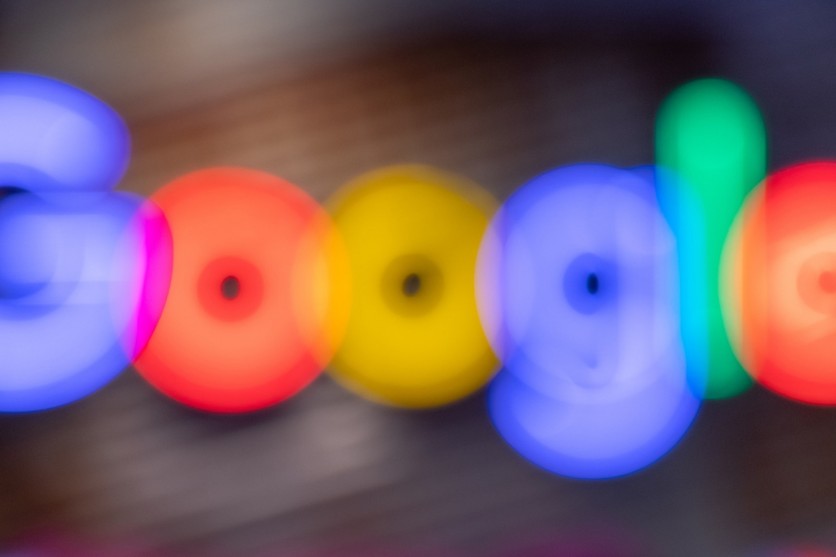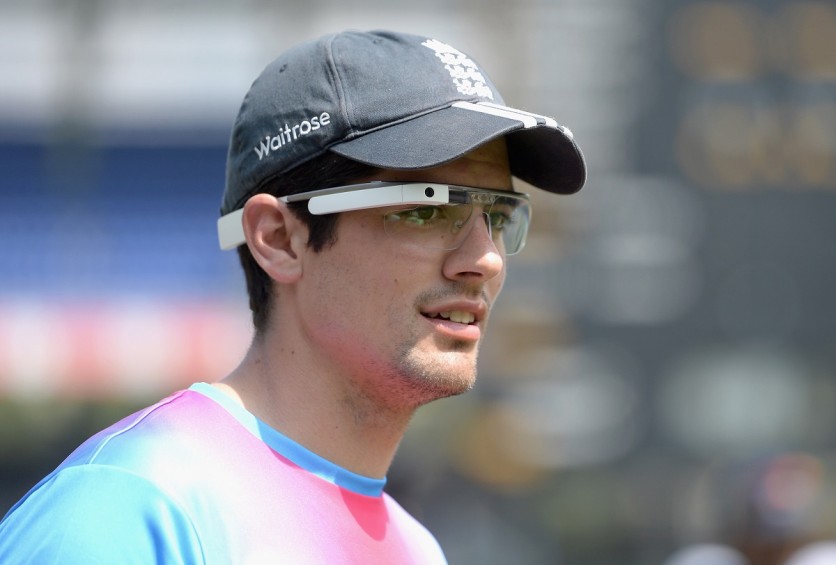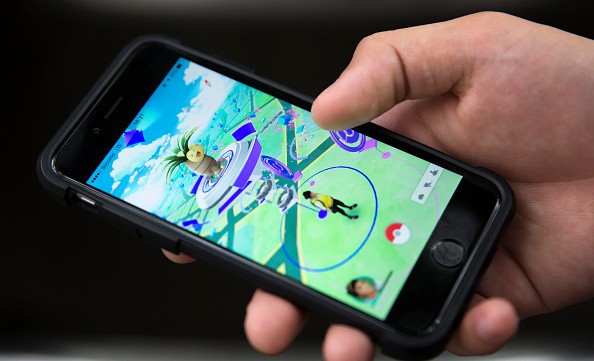Google's AR department just got a little boost with this recent purchase.

According to ArsTechnica, the search engine giant just closed a deal to buy Raxium, a Micro LED startup, for an undisclosed amount. The company, while not having released its own product since being founded, works on developing tiny LEDs for use in mixed and augmented reality displays.
The Information was among the first to get wind of the acquisition. As per their report, this purchase is Google's response to what its contemporaries have been doing in the AR business. Notably, Apple, Meta, and Snap have made similar buyouts for tech that will help them develop products like AR glasses or headsets.
Before the Google buyout, however, Raxium hasn't had much luck with developing its own headsets for over a decade. But as a company, they've been in business for five years.
As per the original ArsTechnica report, Micro LED tech could be the next big thing after OLED-a market that Samsung dominates as of this moment. For now, there's not a lot of industry leaders in Micro LED, aside from once again Samsung who has been selling Micro LED TVs for a while now.
Nevertheless, this purchase puts Google AR up to par with its biggest competitors in the AR space so far. It could also be the one saving grace their efforts need, because the company hasn't been too successful in that regard.
Among several failed AR projects was the one called Project Tango, which only lasted from 2014-2017. There's also Google Glass, which wasn't even considered true AR by a lot of critics back during the 2012-2015 era. That's because Google Glass didn't project anything in 3D, but rather 2D.

As previously mentioned, it wasn't revealed how much Google paid to buy Raxium. But according to 9To5Google, the Micro LED startup was reportedly valued at around $1 billion during the negotiations. With that, it might be safe to say that Google paid a pretty penny for Raxium-and likely expects big results from the investment in the foreseeable future.
What Is Augmented Reality, And Why Is Google Gunning For It?
The simplest explanation for AR is this: it involves overlaying digital imagery onto the real world in order to "enhance" the overall experience, according to The Franklin Institute.
Augmented reality is already all around you, despite the rather futuristic nature of the name. Remember the game "Pokemon GO," which was all the rage during the late 2010s? That's a perfect example of AR. It overlays digital images of Pokemon onto real life imagery captured by your camera, and presents itself as a video game.

Another great example is not so realistic, but perhaps a preview of what's to come: all of the digital images that Tony Stark (aka Iron Man) manipulates in mid-air? That's augmented reality too. Granted, it's a super-advanced version that doesn't exist (or may never even exist) yet, but it's also an example.
Augmented reality is still a relatively new tech. But it could very well blow up in the future, which is why Google's efforts to buy Raxium will make sense in the long run. As previously said, Micro LED and the resulting AR tech could be the "next big thing."
Related Article : Google AR Specs Rumored to be in Development to Keep Up with Apple
This article is owned by Tech Times
Written by RJ Pierce
ⓒ 2025 TECHTIMES.com All rights reserved. Do not reproduce without permission.




